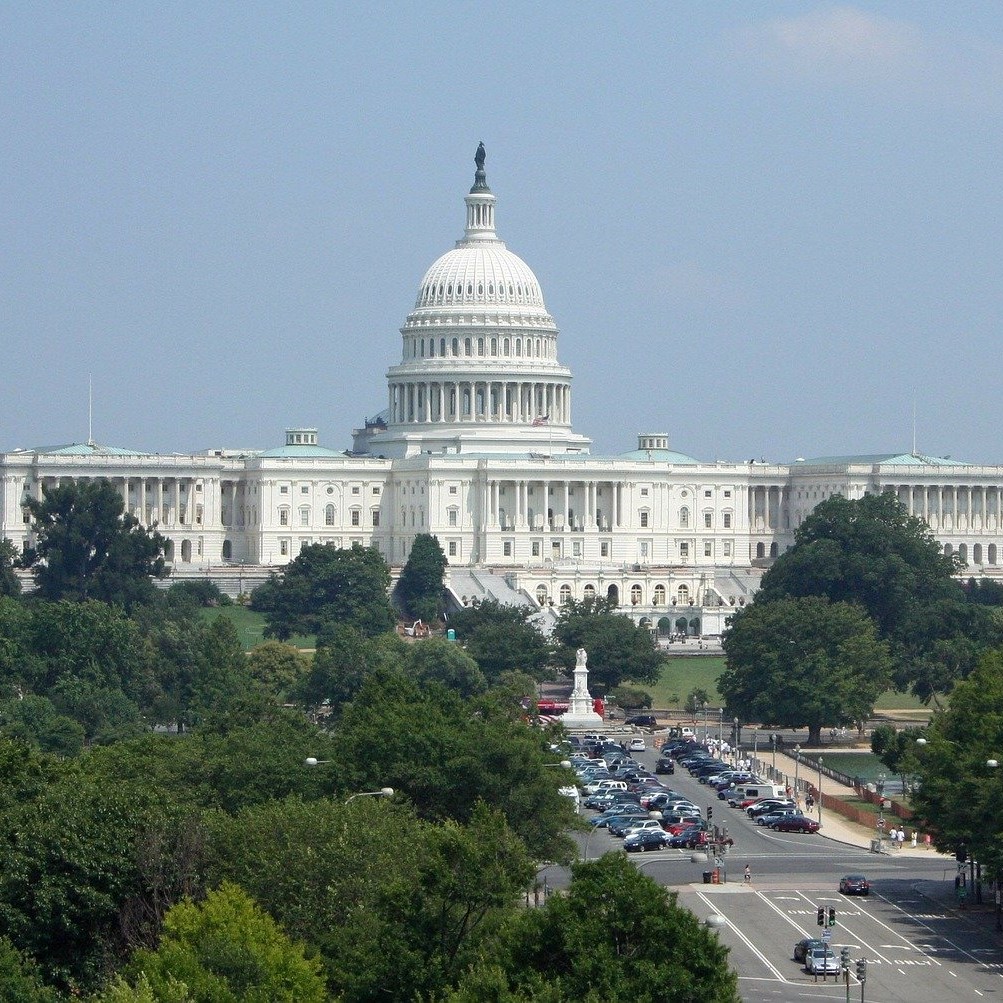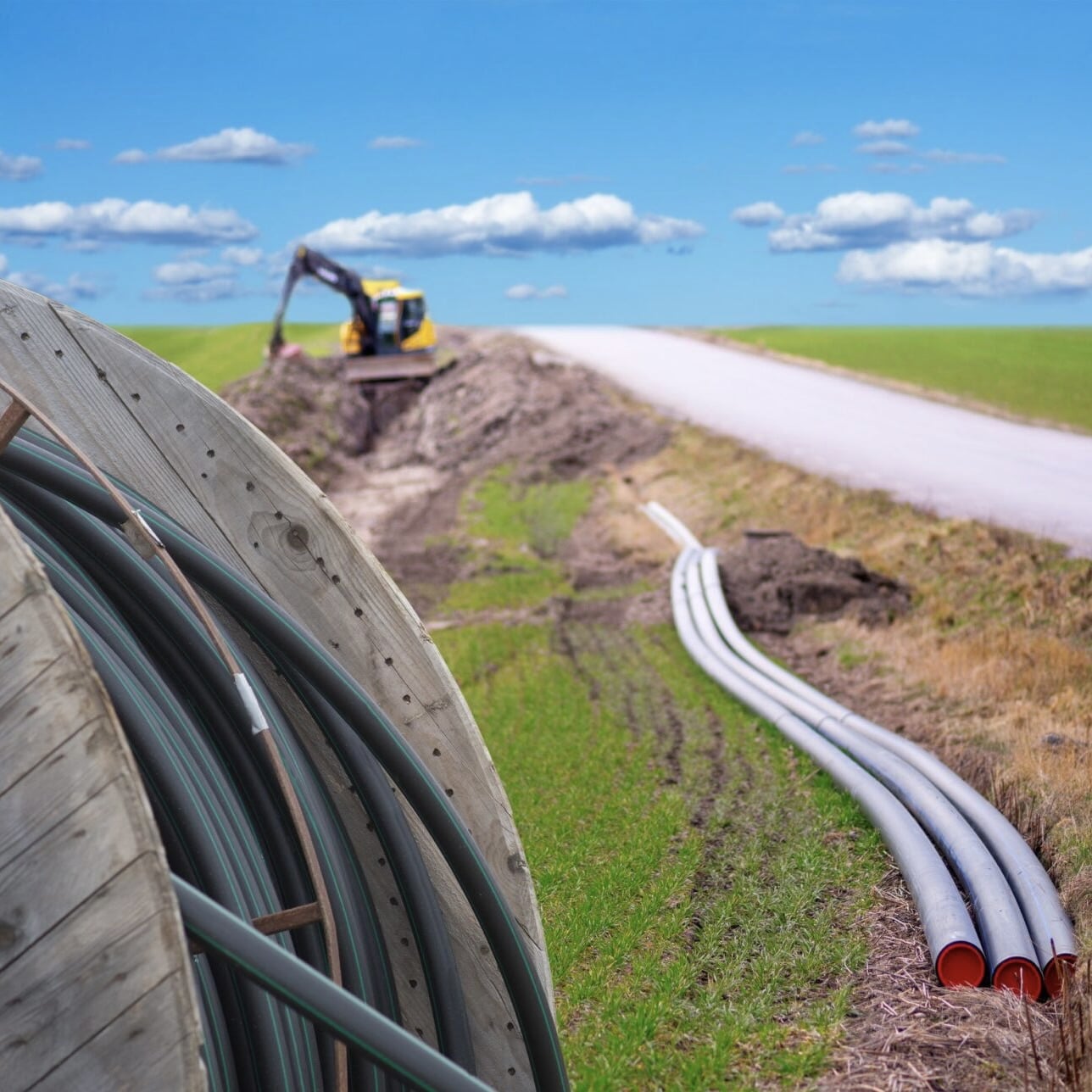The Infrastructure Investment and Jobs Act of 2021, which has been referred to as the Senate infrastructure bill since it passed the Senate in August, has also been adopted by the House and merely awaits President Biden’s signature before becoming law. The bill includes $65 billion for broadband.
Fiber Broadband Association President and CEO Gary Bolton provided a breakdown of the $65 billion in an email as follows:
- $42.5 billion for the Broadband Equity, Access, and Deployment Program (BEAD), which creates a program to be overseen by the National Telecommunications and Information Administration and which will direct funding to the states for broadband deployments, adoption programs and other broadband programs. Each state will get at least $100 million, with more going to states with a high level of unserved locations.
- $14.2 billion for the Affordable Connectivity Program, which will be overseen by the FCC and which will provide $30 a month toward the cost of broadband for low-income and other in-need households. The program is designed to essentially extend the Emergency Broadband Benefit program, with modifications.
- $2.75 billion Digital Equity Program, a broadband adoption and literacy program.
- $2 billion in additional funding for the USDA Rural Utilities Service ReConnect program.
- $2 billion in additional funding for the Tribal Broadband Program administered by NTIA
- $1 billion for a new middle-mile program to be overseen by NTIA
- $.6 billion for tax exempt private activity bonds, which state and local governments can use to support broadband deployments
Some states will need to scramble to get ready to administer the funding allocated to them for broadband, Bolton noted in his analysis of the infrastructure bill broadband provisions. Nearly half of the states lack broadband offices and 10 lack broadband programs, he said. And existing programs vary widely from state to state.
Telecompetitor provided some additional details about the bill when it passed the Senate. In the context of this funding, unserved means territories that lack 25/3 Mbps and underserved means territories that lack 100/20 Mbps.
Both private and public entities can apply. In fact the legislation explicitly says grant funding “[m]ay not exclude cooperatives, nonprofit organizations, public-private partnerships, private companies, public or private utilities, public utility districts, or local governments from eligibility for such grant funds.”
Industry Reaction
Since the bill passed the House late Friday, a wide range of industry associations have issues comments, virtually all of which praised the bill’s passage.
“Implemented properly, this investment should go great distances toward connecting the millions of rural consumers who still need reliable, sustainable and affordable access—improving economic opportunity, job creation, education, healthcare and civic engagement,” said Shirley Bloomfield, CEO of NTCA—The Rural Broadband Association. “As policymakers at the state and federal levels decide how to implement this landmark legislation, I urge them to invest in future-proof scalable technology like fiber, and to partner with small, community-based local exchange providers – regardless of their corporate structure – who have already proven their ability and commitment to build and maintain strong networks in rural areas.”
“This landmark piece of bi-partisan legislation will help community-based and Tribal providers get all Americans online, bridging the stubborn digital divide which thwarts the prosperity and welfare of millions who go without internet access,” said wireless internet service provider association WISPA in its comments about the infrastructure bill broadband provisions.
In joint comments with its affiliate group Broadland USA, INCOMPAS CEO Chip Pickering emphasized the importance of competition in its comments. “Building broadband right means we correct the mistakes of the past, rejecting monopoly policy and unleashing the power of competition – proven to bring more investment, innovation and affordability to consumers and small businesses,” according to the comments. “Now is the time to build broadband right, and we have no time to waste.”
Jonathan Spalter, president and CEO of USTelecom—The Broadband Association, was perhaps the most lukewarm about the bill, but rather than issuing any new negative commentary, he instead referred back to his comments when the bill passed the Senate.
At that time, he expressed concern that “some in Washington continue to be chronically allergic to the notion that America’s broadband providers – today, right now – deliver world-class connectivity, affordable and valuable service plans, reliability and network capacity that have been a technological and economic boon and solidified our global digital leadership.”
In the new comments released over the weekend, Spalter again highlighted the important role of broadband providers, with a more positive spin.
The infrastructure bill, he said, “recognizes [that] the private model of broadband deployment in the United States – with targeted public support in unserved or hard to reach communities – is the key to achieving 100 percent connectivity.”



